As with tile cleaners, there is more than one type of thinset mortar and each one will be better for certain uses than others. In fact, thinset tile adhesives and grouts are the most popular form of tile glue in use because of their general versatility and their many other qualities.
Their simple composition allows thinset mortars to hold off mold, moisture, and the ravages of time. Heat-resistant tile adhesives are ideal for multiple applications. There are a few different types of thinset mortar to choose from, and they take between 24 to 72 hours to set fully.
Standard
Available in a wide variety of colors, standard thinset mortar is a powder that is meant to be mixed with water before it can be activated. This takes a bit of time but once it’s done, standard thinset mortar can easily bond with ceramic, porcelain, and even natural stone. It works best with larger tiles — such as those larger than 11”x 11” — and can be used for flooring and walls alike.
One defining quality of the standard adhesive is that it is pretty versatile and durable. This makes it well-suited for areas with lots of foot traffic or if you want to install heated floors. Standard thinset mortar is able to hold up well to temperature changes which cause it to expand or contract.
Unmodified
This is for lovers of old-school building materials. Unmodified mortar does not use chemicals but is instead made up of simple materials such as cement, water, and sand. Adding more cement to the mixture makes the mortar stickier — although you can also use polymers or latexes to achieve the same effect. This is worth considering if you need the mortar to bond well, such as when installing tiles on a vertical surface.
Modified
Unlike unmodified mortar, its modified cousin includes chemicals in its mixture. Typically containing polymer agents or latex, modified mortar uses these chemicals to increase the hydration of the cement in the mixture, therefore allowing the mortar to bond more easily.
This allows a thinner layer of thinset to go a long way since you’ll get a stronger bond without having to lay it on thick. This is a great thinset variant to use in a high moisture area since moisture will only make the mortar stronger with time. Moisture hydrates the cement, causing crystals to form that allows the cement to become much stickier.
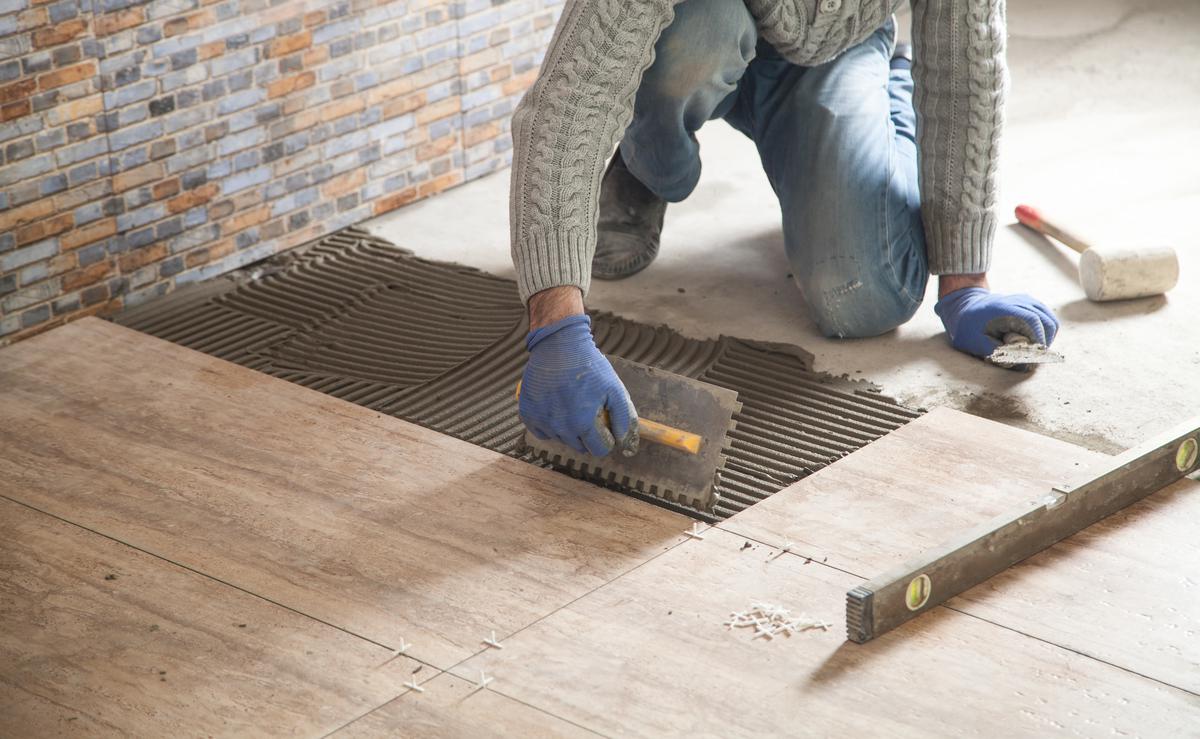
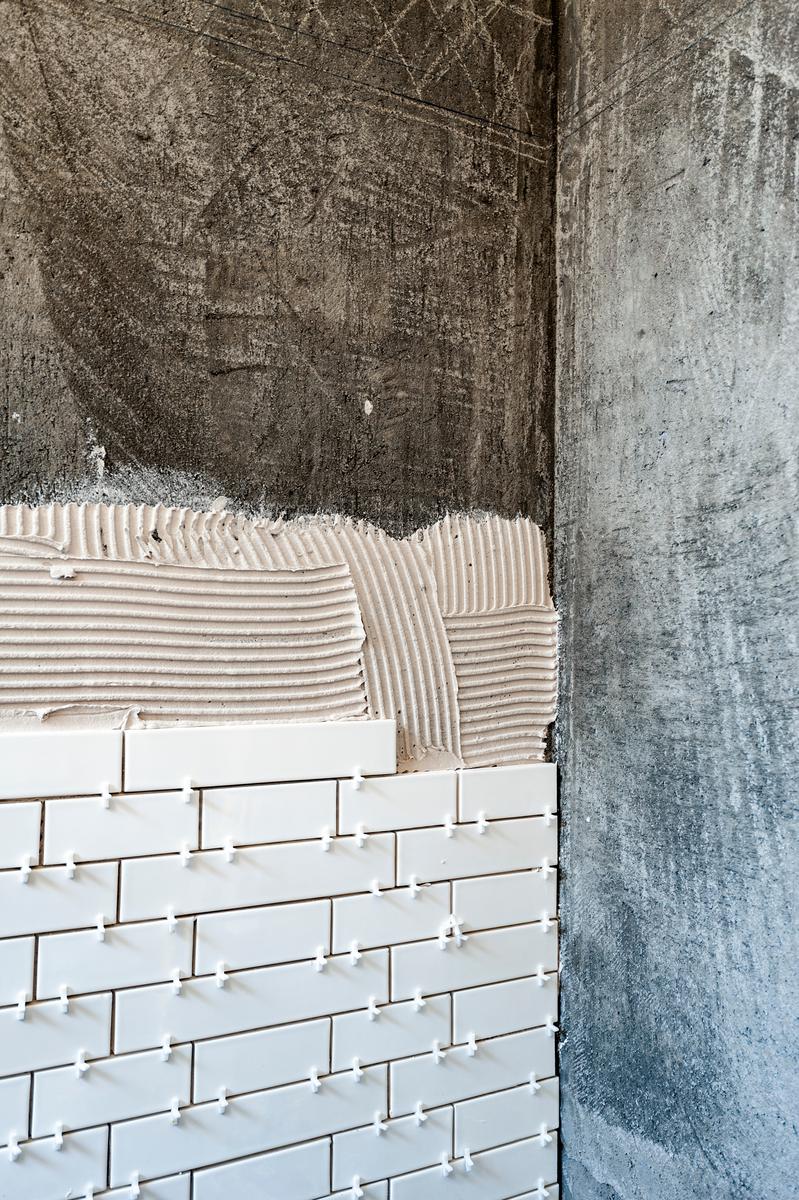
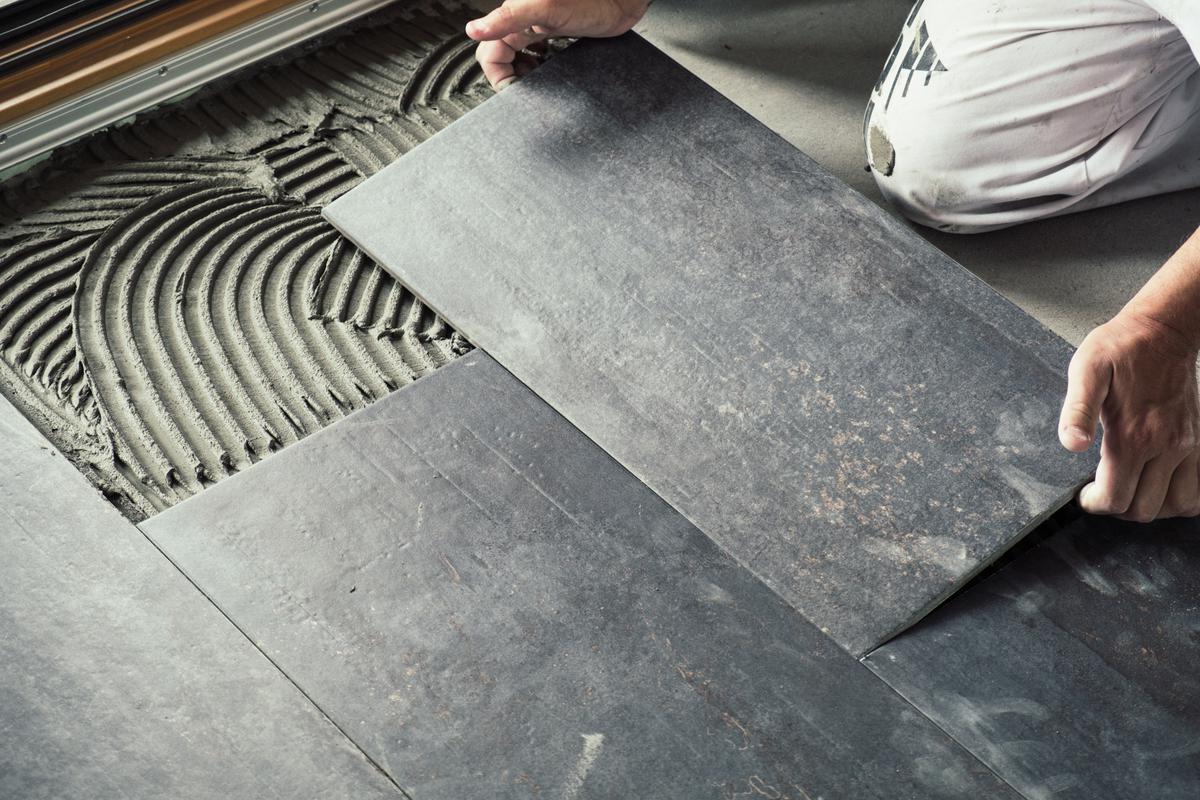
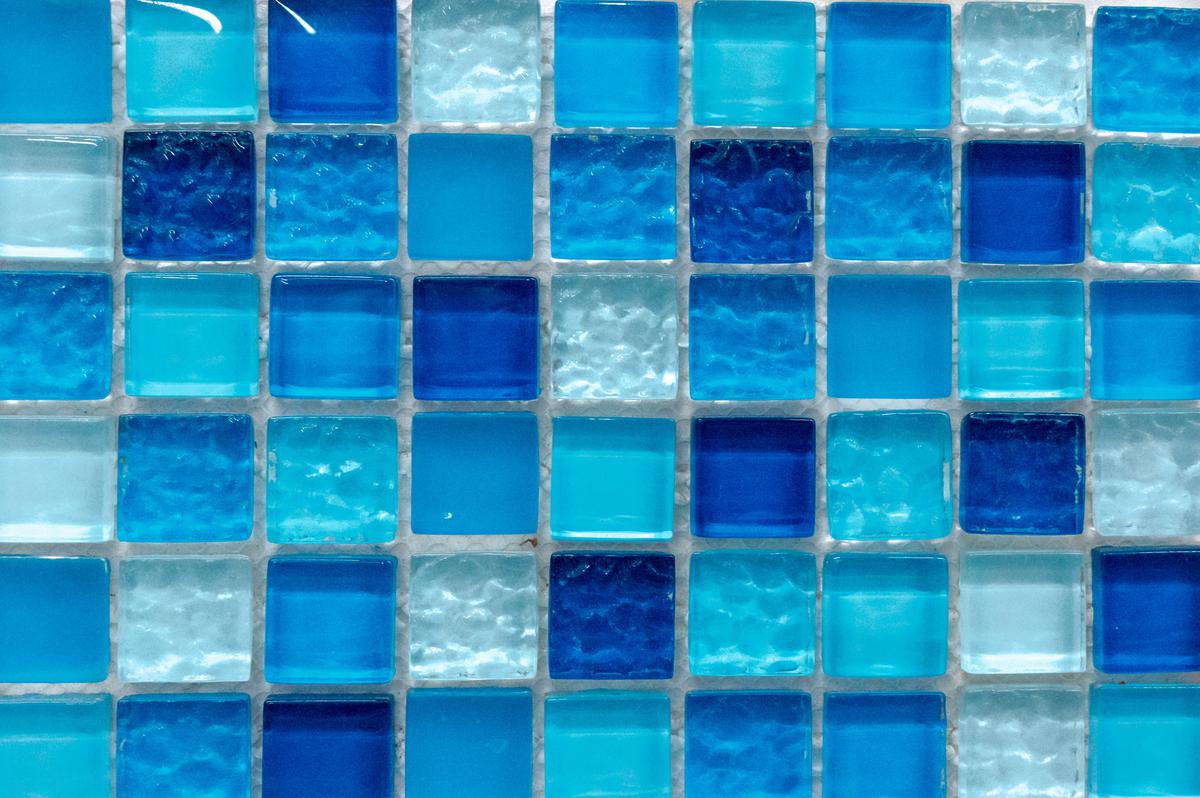
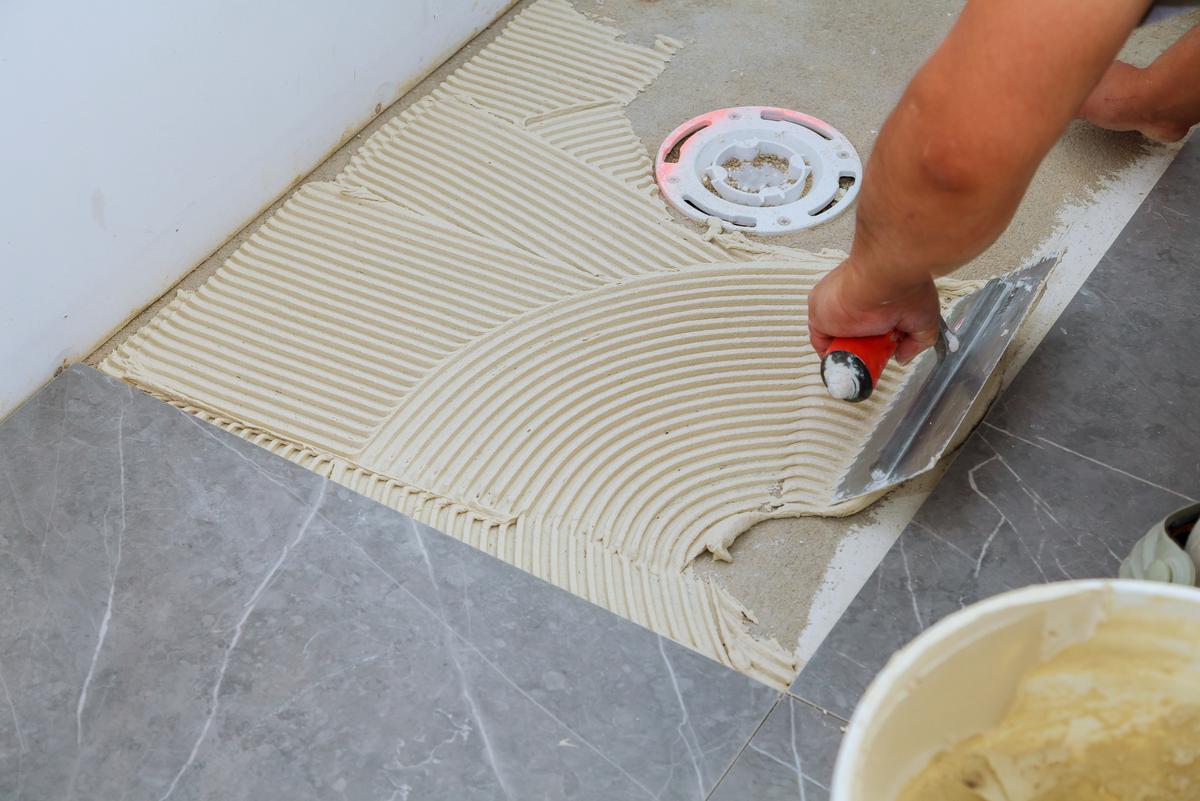
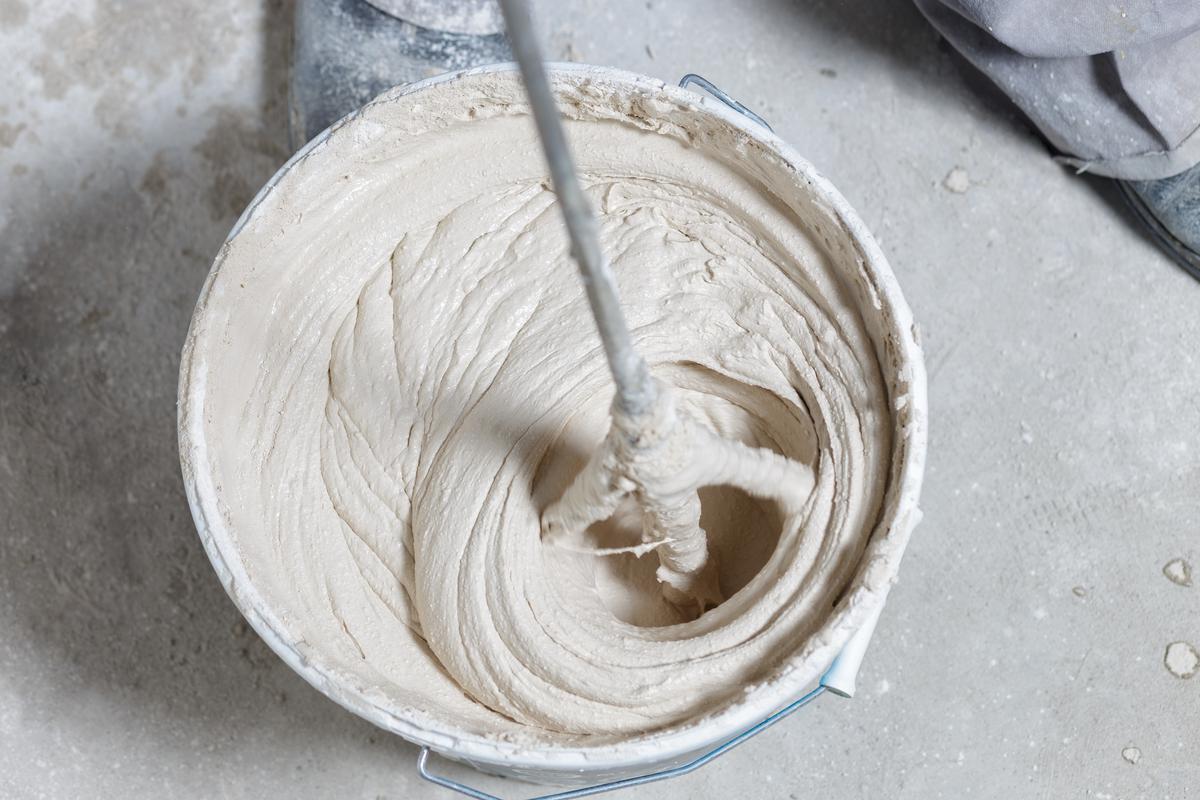
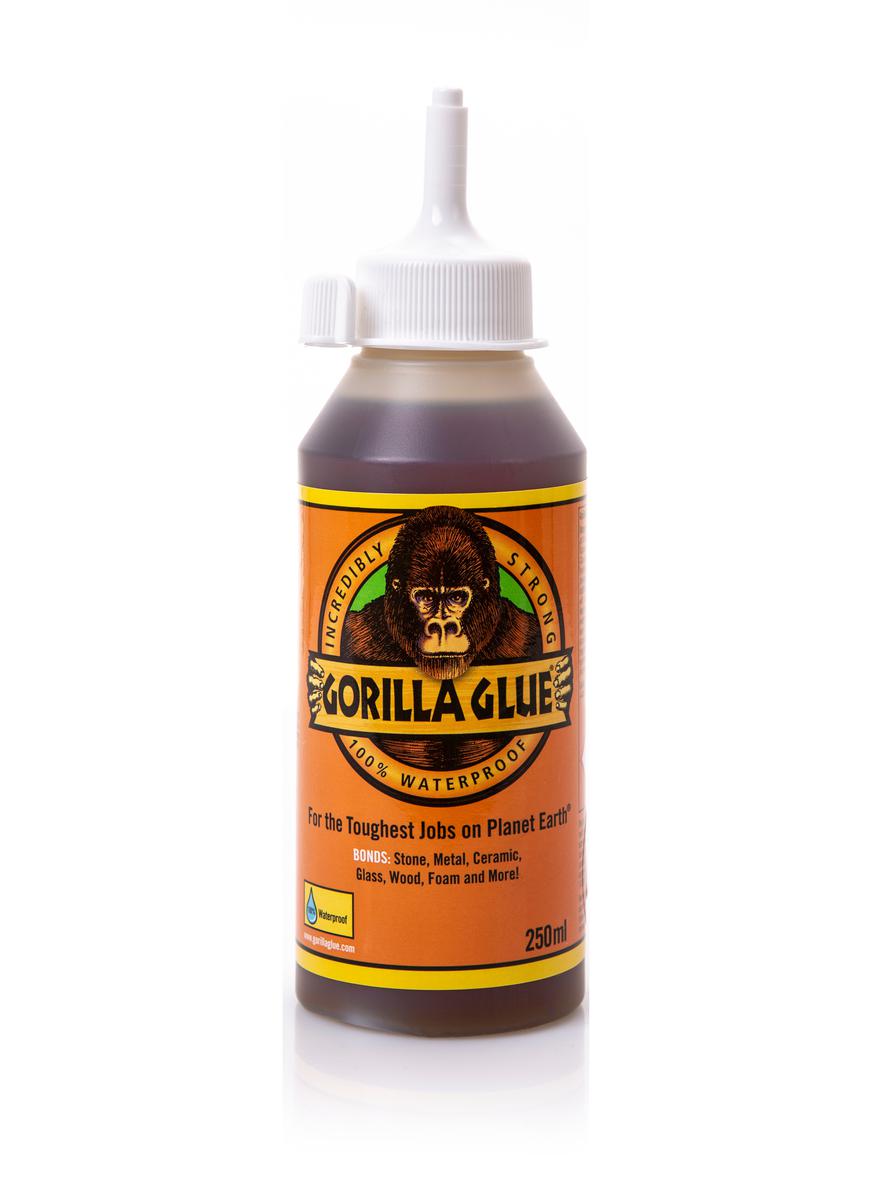
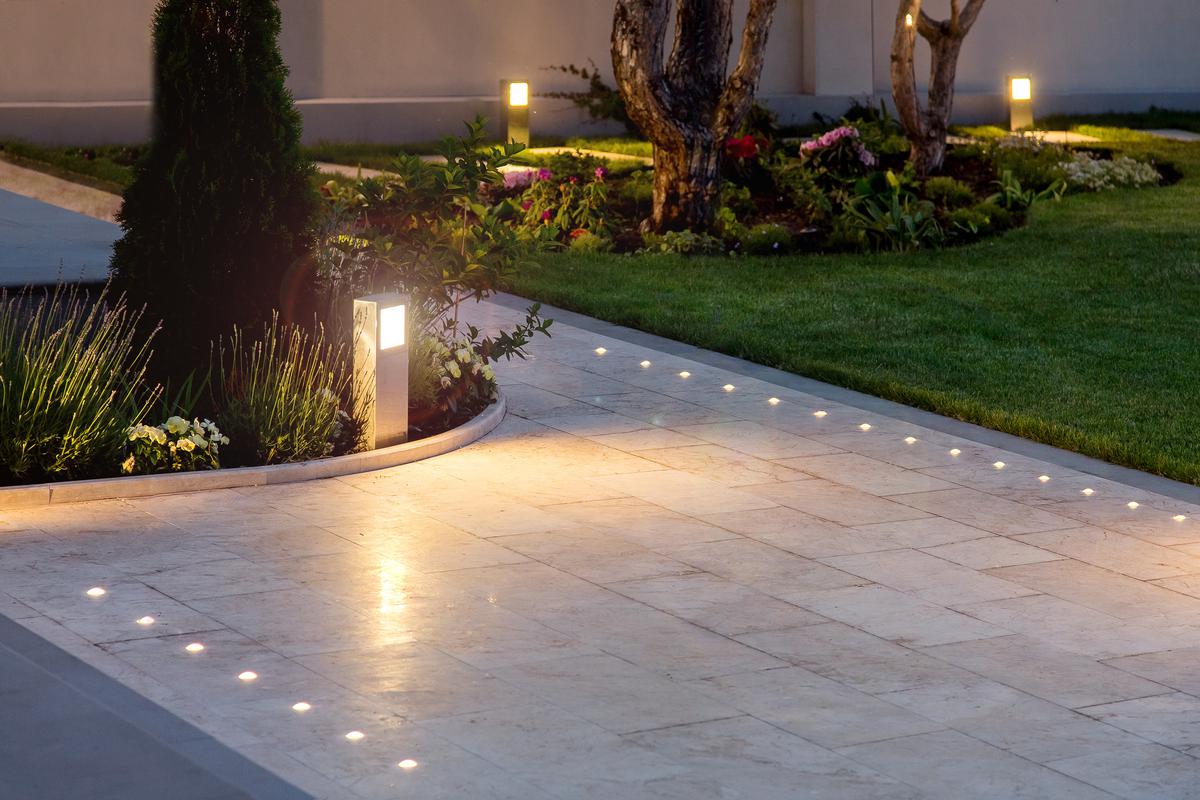
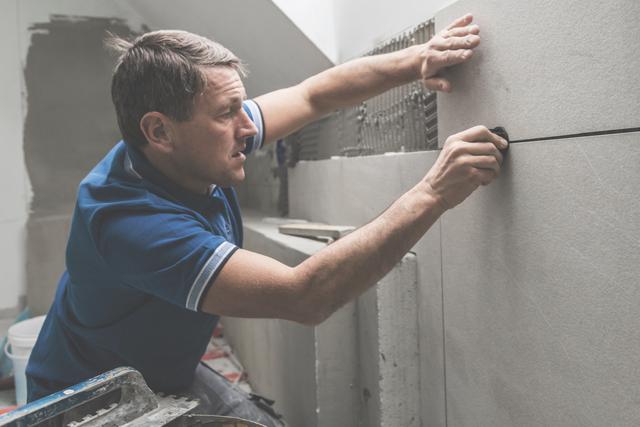
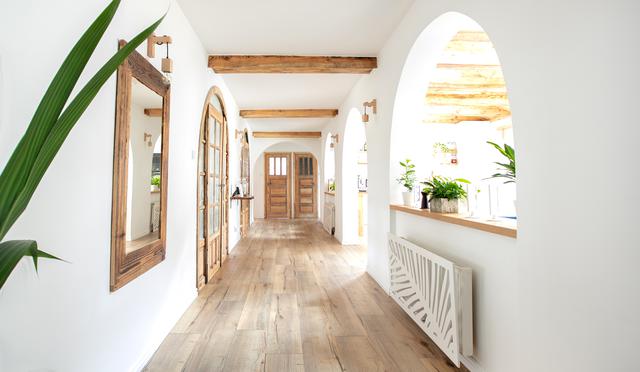
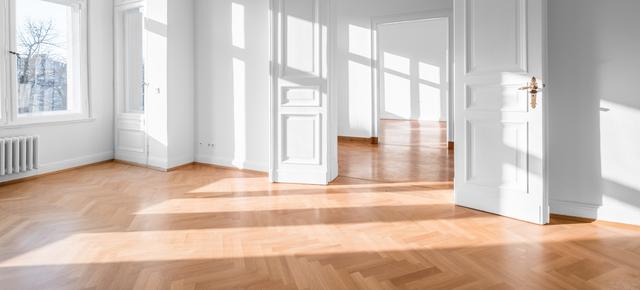
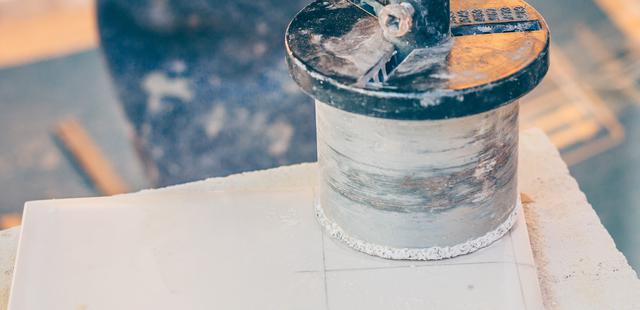
comments